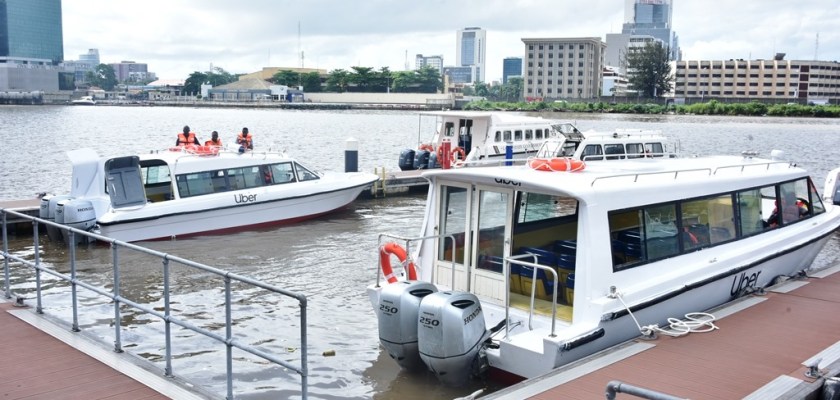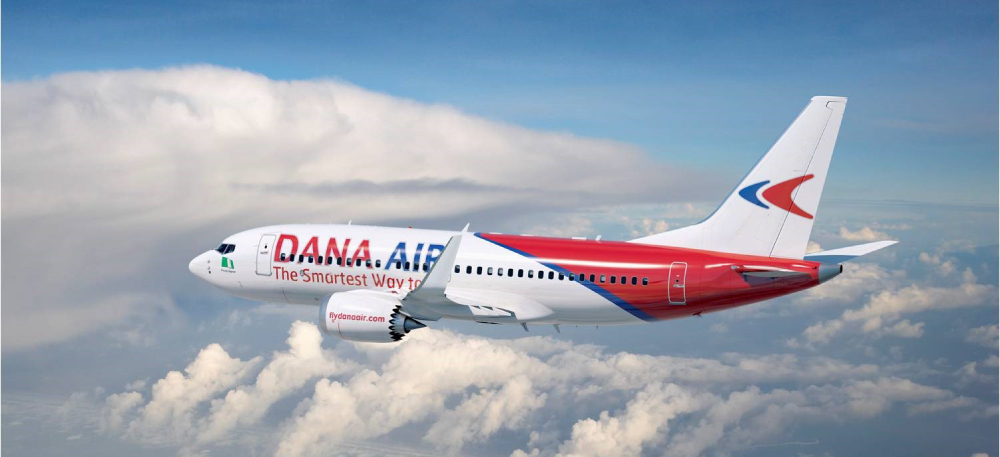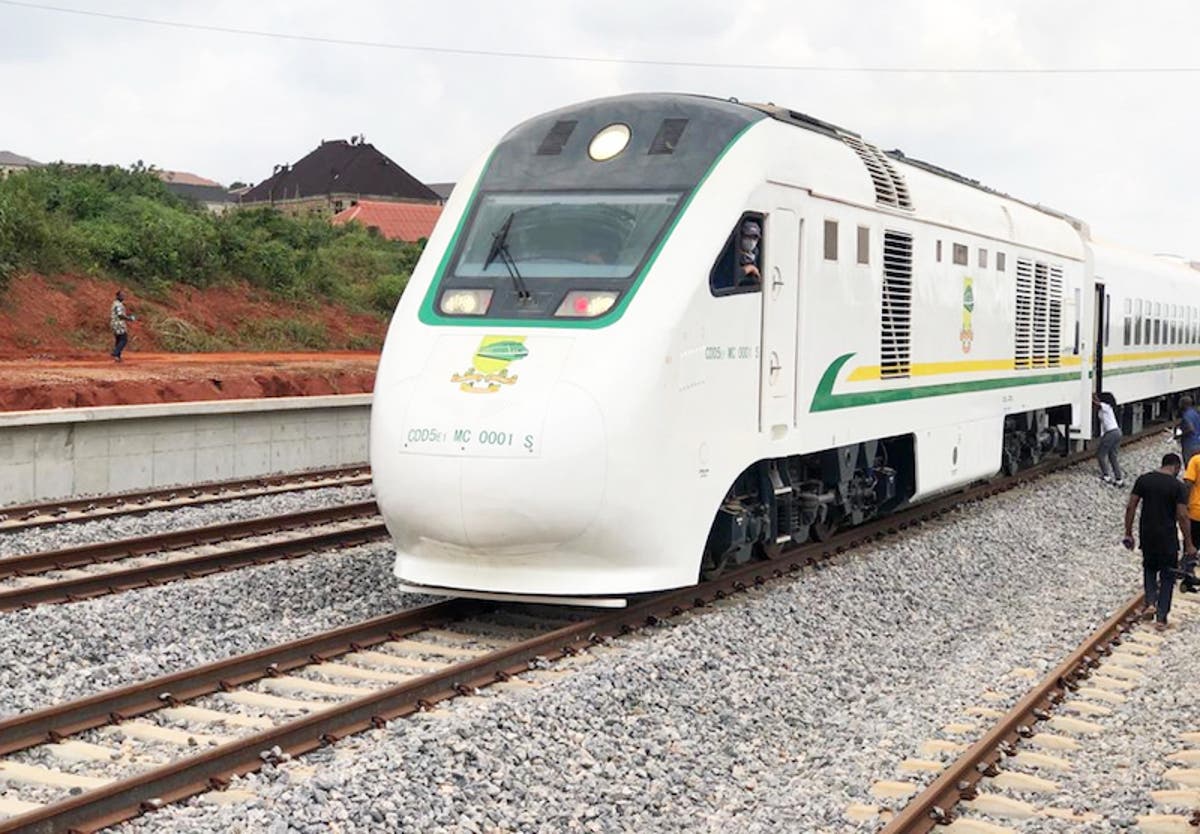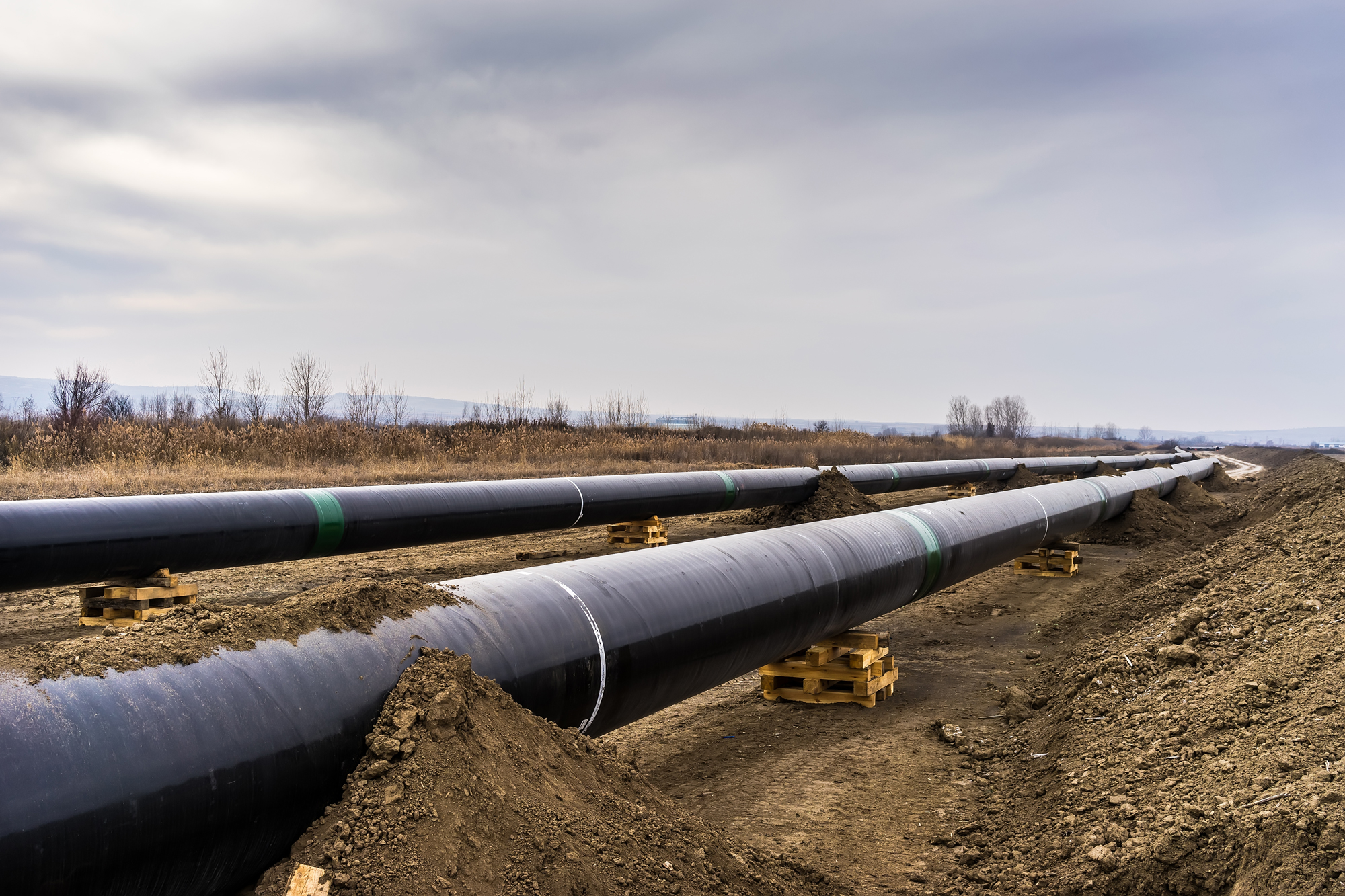Text of presentation by Dr Boboye Oyeyemi, Corps Marshal, Federal Road Safety Corps (FRSC), at the 8th Nigeria Annual Transport Lecture organised by Transport Day Newspaper on Friday, May 21, 2021.
Improving Nigeria Transportation System: The Way Forward
Introduction
- Basically, transportation is the movement of people, goods and services from one location to another.
- Transportation is considered to be the world’s largest industry. Activities of modern societies are completely dependent on transportation for development and the sustenance of life.
- Transportation has contributed significantly to the growth of global and domestic economies and has in most cases been the driver of the development of nations.
- In Nigeria, the advent of transportation activities followed the growth of commerce and trade in the country. Rail lines were built in 1916 to connect some parts of the country with Port Harcourt for easy movement of palm oil, cocoa and coal.
- Transportation has made a tremendous impact on the nation’s socio-economic development.
Transport System- Importance
- Promotes economic development by increasing access to labour and physical resources thus facilitating the realisation of a country’s comparative advantages.
- Stimulates national development and enhances the quality of life for all;
- Allows markets to operate by enabling the seamless movement of goods and people;
- Provides vital links between spatially separated facilities and enables social contact and interaction;
- Provides access to employment, health, education and services;
- Alleviates regional inequality and fosters national integration;
- Increases access to markets and link local, regional, national and international markets;
Modes of Transport in Nigeria
- The strategic geographic location of Nigeria as a non-landlocked nation offers a number of options of transport modes and infrastructures.
- According to the National Transport Policy, five (5) modes of transportation exist:
Waterways Air Rail Pipelines Road
WATER TRANSPORT
| Data from National Inland Waterways Authority (NIWA) | |
| Total resource base waterways | 10,000km |
| Navigable seasonally | 3,800km |
| 28 States can be accessed through water in Nigeria | |

- Water ways as an alternative to decongesting traffic gridlocks in coastal cities in the country have the potential to boost the economy from travel tourism perspective.
- This mode is highly underutilized.
AIR TRANSPORT

- The airways are actively utilized and heavily patronized. However, compared to other modes, there is room for improvement and further expansion in the industry.
RAIL

- The rails were heavily utilized in the past. However, the sustainable infrastructure development plans were not in place, hence, the near-collapse of the sector thereby leading to an over-stretch of the road transport mode.
- The rail system has been revived by the present administration through investments in standard gauge and general modernization efforts.
PIPELINES

- The pipelines in the country are almost at the lowest rate of utilization for the transportation of petroleum products.
ROAD TRANSPORT

- The road transport mode in Nigeria is the most interconnected and predominant.
- Relied upon for facilitating trade, investments and other services.
- It is the most affordable and accessible mode hence, the over-dependence for most services especially door-to door businesses.
State of the Transportation System In Nigeria
- There has not been a balanced development of the country’s transportation system. With the increase in road construction activities and some developmental challenges being experienced by the other sectors of transportation, the movement of people, goods and services is dominated by road transport.
- The road system is not only dominant but its preference (95% of all modes) has serious road safety concerns in the form of traffic crashes and infrastructure decays.
Safety Issues of Road Transport Over-dependence in Nigeria
- The combined reported road traffic deaths in Nigeria on annual basis remains high.
- The total figure surpasses the record of persons killed during pandemic which necessitated the declaration of national emergency.
- The fact remains that for the transportation system in the country to improve, a functional inter-modal transport system must be activated at all levels.
Improving Nigeria’s Transportation System: The Way Forward – 1/8
- Having underscored the state of transportation in Nigeria and the need to have a functional system in place anchored on inter-modality, the following are suggested for improvements.
Air Transport
- Government should expand and upgrade existing air travel infrastructures so as to boost confidence in the industry with respect to air safety.
- Encourage more investments to bring about healthy competition such that more people can opt for the mode as against the road especially for long-distance travel. This will largely reduce ‘fatigue’ induced and tyre related crashes on the road.
Water Transport
- Greater investments as a follow up of the MoU between NIWA, NEXIM and Sealink Promotional Co. Ltd should be activated.
- Dredging of identified potential waterways in the country should be embarked upon to improve safety and enhance navigation.
- Regular maintenance measures such as the removal of hyacinths and other forms of channel distortions should be conducted.
Rail Transport
- Awareness to be created on the need to use the rails for haulage services. This will reduce the impact of axle loads on the road infrastructure.
- More private sector investments should be encouraged to enhance the sustainability of the sector.
Pipeline Transport
- Broken down pipelines should be revived to enhance the safe transportation of ‘Dangerous Goods’ such as liquid hydrocarbons and Liquefied Natural Gases (LNGs)
- Communities where pipelines transit should be made to have ownership commitment to the project so as to enhance its protection.
Road Transport
- Invest and improve existing road infrastructures to enhance safe travels and efficient service delivery
- Encourage the inclusion of sustainable transportation in Nigeria’s transport system by building ‘dedicated lanes’ for bicyclists and others
- Introduce ‘Smart Transport Services’ to enhance the call-up service such that vehicles ply the roads when they are actually needed
- Investment of High Capacity Buses such as BRT systems should be encouraged to decongest the roads of cars
- The Road Transport Safety Standardization Scheme (RTSSS) policy to be fully embraced to enhance Operator, Driver and Vehicle safety standards on fleet operations in the country.
Improve Security
- Government to continue to improve on existing security framework to enhance investors and customers confidence in all modes of transportation in the country
Conclusion
- The current state of transportation in the country is an improvement on what it used to be. The present administration’s efforts at revamping the rail system coupled with the investments of State Governments and the Private Sector in waterways development underscore the willingness for an improved system.
- It is important to highlight that speedy closure of all identified transport infrastructure deficits especially on road transport as a short term measure must be accelerated to bring about the needed improvement in Nigeria.
Thank you!
Sign in
Welcome! Log into your account
Forgot your password? Get help
PRIVACY POLICY PAGE
Password recovery
Recover your password
A password will be e-mailed to you.












